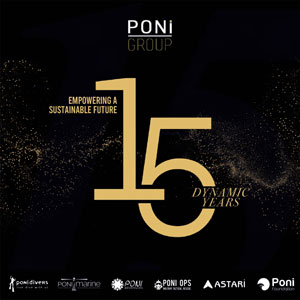KUALA LUMPUR (BERNAMA) – Malaysia’s semiconductor industry is set to experience a further boom under the National Semiconductor Strategy (NSS), with the nation set to woo at least MYR500 billion of investments in the first phase of the plan, announced Prime Minister Datuk Seri Anwar Ibrahim yesterday.
While describing the NSS as a living document, evolving as needed, he highlighted that Malaysia remains steadfast in its aspiration to become a major global player in technology, powered by the semiconductor industry.
“Against this backdrop, during our National Investment Committee meeting on April 16, I requested a strategic plan for Malaysia’s semiconductor industry.
“Today, six weeks later, I am pleased to share with you the salient features of Malaysia’s NSS,” he said in his speech at SEMICON Southeast Asia 2024 yesterday.
He said NSS is structured in three phases to foster collaboration with companies across ASEAN, Asia, and the global stage.
In the first phase, domestic direct investment (DDI) will focus on integrated circuit (IC) design, advanced packaging and manufacturing equipment, while foreign direct investment (FDI) will be focused on wafer fabs and manufacturing equipment.

“In this phase, we will leverage our industry’s existing capacity and capabilities to support the modernisation of outsourced semiconductor assembly and test (OSAT) with moves towards advanced packaging; grow existing fabs in Malaysia and pursue FDI on expanding capacity in trailing edge chips, particularly power chips; as well as develop local chip design champions,” he said.
Under NSS’ second phase, the nation is keen to establish at least 10 Malaysian companies in design and advanced packaging with revenues of between MYR1 billion and MYR 4.7 billion (USD210 million and USD1 billion). It also hoped to nurture at least 100 semiconductor-related companies with revenues close to MYR1 billion (USD210 million), creating higher wages for Malaysian workers.
For the last phase, Malaysia aims to double down by supporting the development of world-class Malaysian semiconductor design, advanced packaging and manufacturing equipment firms, while attracting buyers of advanced chips such as Apple, Huawei, Lenovo and other such cutting-edge companies to pursue advanced manufacturing in Malaysia.
To achieve the goals, Anwar said the nation will develop a global research and development hub for semiconductors, featuring world-class universities, corporates and centres of excellence.
On top of that, 60,000 high-skilled Malaysian engineers will be trained and upskilled to support the growing demand from the sector.
The government will also allocate at least MYR25 billion in fiscal support to operationalise the NSS with targeted incentives, details of which will be announced by the Investment, Trade and Industry Ministry soon.








